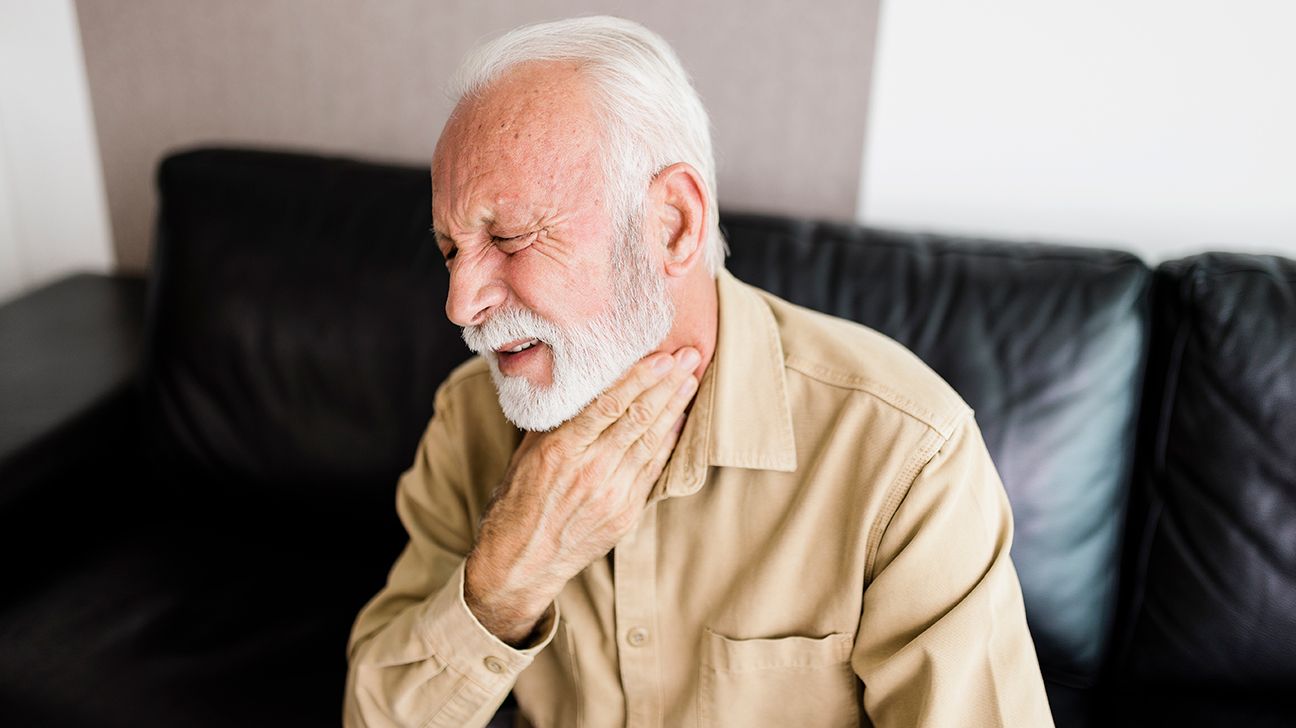“Acid reflux attack” isn’t a formal medical term. Some people may use it to refer to the sudden worsening of acid reflux. Emergency care is advised if you have other symptoms, like gastrointestinal bleeding, fever, and chills.

Acid reflux is when acid and other stomach contents flow back up your food pipe (esophagus) and cause a burning sensation in your chest, known as heartburn.
Chronic acid reflux may lead to gastroesophageal reflux disease (GERD), a chronic condition that may develop into more frequent and intense symptoms.
Not everyone experiences acid reflux with the same intensity or frequency. In some cases, the symptoms of acid reflux and GERD are mild to moderate and respond well to treatment. Other times, symptoms may appear or become severe suddenly after eating or experiencing high stress.
There’s no diagnosis known as an acid reflux attack. However, when you have GERD, it is possible to have flare-ups or intensified episodes of heartburn, with accompanying symptoms like:
- cough
- burning throat
- referred back pain
- upper stomach pain
- tightness in the throat
- persistent burping
- fatigue
- problems swallowing
- regurgitation (acid and other stomach contents coming up your food pipe and throat)
The constant or severe irritation from acid reflux may also lead to bleeding, narrowing of the esophagus, and severe tissue damage.
Read more about what heartburn feels like.
You may manage mild to moderate acid reflux episodes with lifestyle adjustments and over-the-counter (OTC) medications. Antacids can provide relief in less than an hour.
Emergency care is highly advised if any of these applies:
- severe pain that doesn’t go away with OTC medications
- pain that lasts for more than a few hours
- gastrointestinal bleeding (e.g., blood in your stool)
- coughing blood
- difficulty breathing
- difficulty swallowing
- fever that accompanies pain
- changes in vision
- mental confusion
If you’ve never had acid reflux before and you’re unsure if your symptoms result from it, it’s also a good idea to get medical care.
Read about the signs of heartburn versus a heart attack.
Dietary and lifestyle changes are the first line of treatment for acid reflux and GERD. These may include:
- avoiding citrus, fatty, and spicy foods
- quitting tobacco use if you smoke and alcohol if you drink
- managing stress
- managing your weight
- avoiding laying down after eating or eating before bed
- raising your head and chest slightly when sleeping
Read more about heartburn relief.
If these don’t provide the relief you need, or you have severe acid reflux episodes, a healthcare professional may recommend OTC and prescription medications, including:
- antacids like Tums and Rolaids
- H2 blockers like famotidine (Pepcid) and cimetidine (Tagamet)
- proton pump inhibitors (PPIs) like omeprazole (Prevacid 24 HR) and pantoprazole (Protonix)
If these strategies don’t work, surgery may be the last resource to treat GERD symptoms.
Read more about treatments for acid reflux and GERD.
Untreated severe acid reflux or GERD may lead to health complications like:
dental disease - respiratory challenges
- damage to the lining of your esophagus
- esophagitis
increased chance of esophageal, throat, and thyroid cancer- Barrett’s esophagus
“Acid reflux attack” isn’t a formal medical term, but some people may use it to refer to severe acid reflux or GERD symptoms.
A severe acid reflux episode may be a medical emergency if you experience intense pain that doesn’t go away with antacids or other medications, pain accompanied by vomiting, fever, or difficulty breathing, and gastrointestinal bleeding. Immediate care is advised if you’re unsure about the cause of your symptoms and these don’t improve within a few days.




